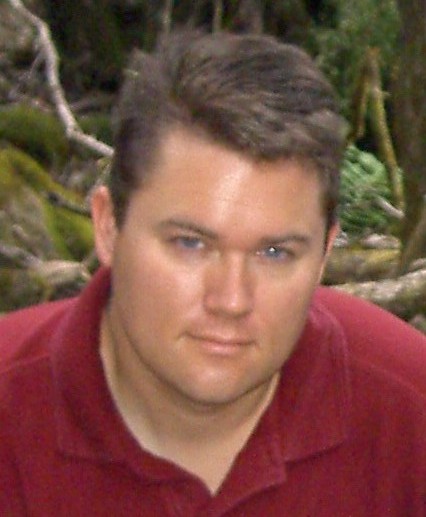
Paul Houser, professor at George Mason University, will present "A Vision for an Ultra-High Resolution Integrated Water Cycle Observation and Prediction System" at 3:30 p.m., Jan. 28 in the Hardin Hall auditorium (room 107). The seminar is free and open to the public.
Society's welfare, progress and sustainable economic growth -- and life itself -- depend on the abundance and vigorous cycling and replenishing of water throughout the global environment. The water cycle operates on a continuum of time and space scales and exchanges large amounts of energy as water undergoes phase changes and is moved from one part of the Earth system to another. We must move toward an integrated observation and prediction paradigm that addresses broad local-to- global science and application issues by realizing synergies associated with multiple, coordinated observations and prediction systems.
A central challenge of a future water and energy cycle observation strategy is to progress from single variable water-cycle instruments to multivariable integrated instruments in electromagnetic-band families. The microwave range in the electromagnetic spectrum is ideally suited for sensing the state and abundance of water because of water's dielectric properties.
Eventually, a dedicated high- resolution water-cycle microwave-based satellite mission may be possible based on large-aperture antenna technology that can harvest the synergy that would be afforded by simultaneous multichannel active and passive microwave measurements. A partial demonstration of these ideas can even be realized with existing microwave satellite observations to support advanced multivariate retrieval methods that can exploit the totality of the microwave spectral information.
The water seminar series is organized and sponsored by the School of Natural Resources and the Nebraska Water Center, part of the Daugherty Water for Food Institute (http://waterforfood.nebraska.edu/), with support from Institute of Agriculture and Natural Resources.